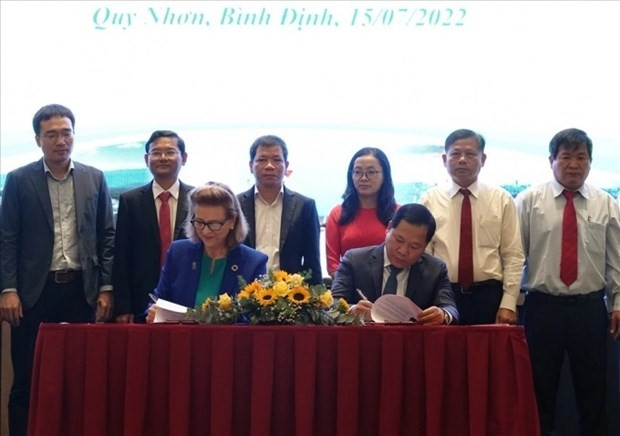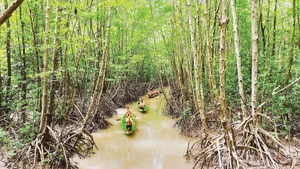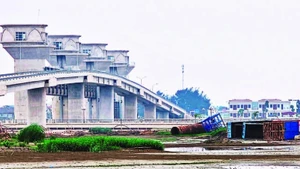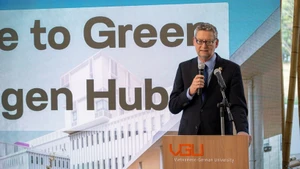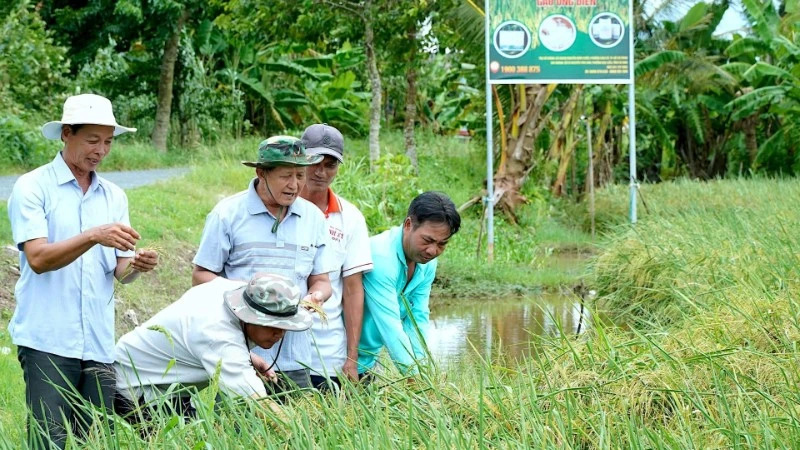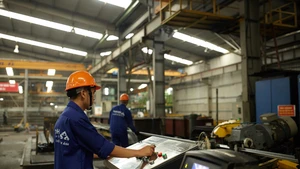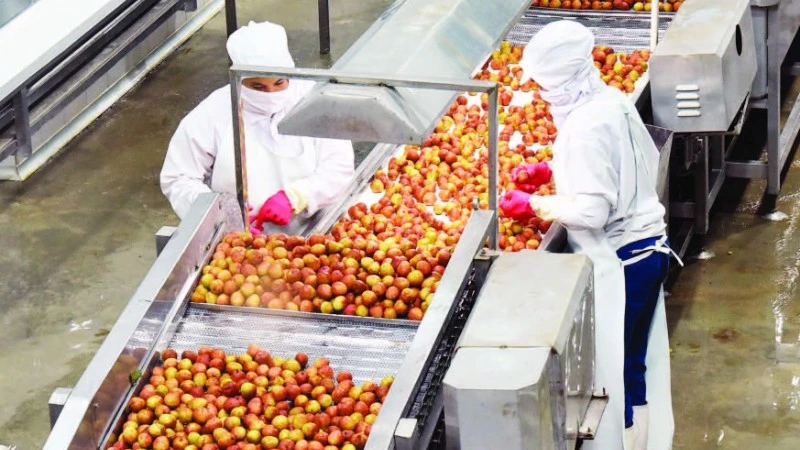The workshop introduced the projects that will undertake activities aimed at empowering informal waste workers and strengthening their resilience to vulnerabilities. They will also pilot a waste management model in the fishery sector, in which fishermen are encouraged to bring back their waste to shore after every sea journey.
A Material Recovery Facility (MRF) will also be piloted and established to improve the local material value chain, support the replication and expansion, and ensure the sustainability of the integrated solid waste management models.
“We expect the MRF will be able process up to 2-4 tonnes of plastic per day for re-use in secondary markets, which would help Quy Nhon City prevent plastic from ending up in landfills or in the ocean. We will also work with the City of Quy Nhon to accelerate household waste sorting, segregating collection, while introducing innovative alternatives to plastics,” said Caitlin Wiesen, UNDP Resident Representative in Vietnam.
Binh Dinh’s total domestic solid waste (DSW) is about 900 tonnes per day. The collection rate is about 47-90% in urban areas (94% in Quy Nhon city; and 30% in rural areas. According to data from the UNDP preliminary survey in 2022, 17% of the DSW, 20% of which is plastic waste, is recycled.
At the workshop, the provincial People's Committee and UNDP Vietnam signed a Memorandum of Understanding to promote their cooperation in the fields of circular economy and waste management; sustainable development of ocean economy; climate change and biodiversity; mine action and sustainable rural development.
